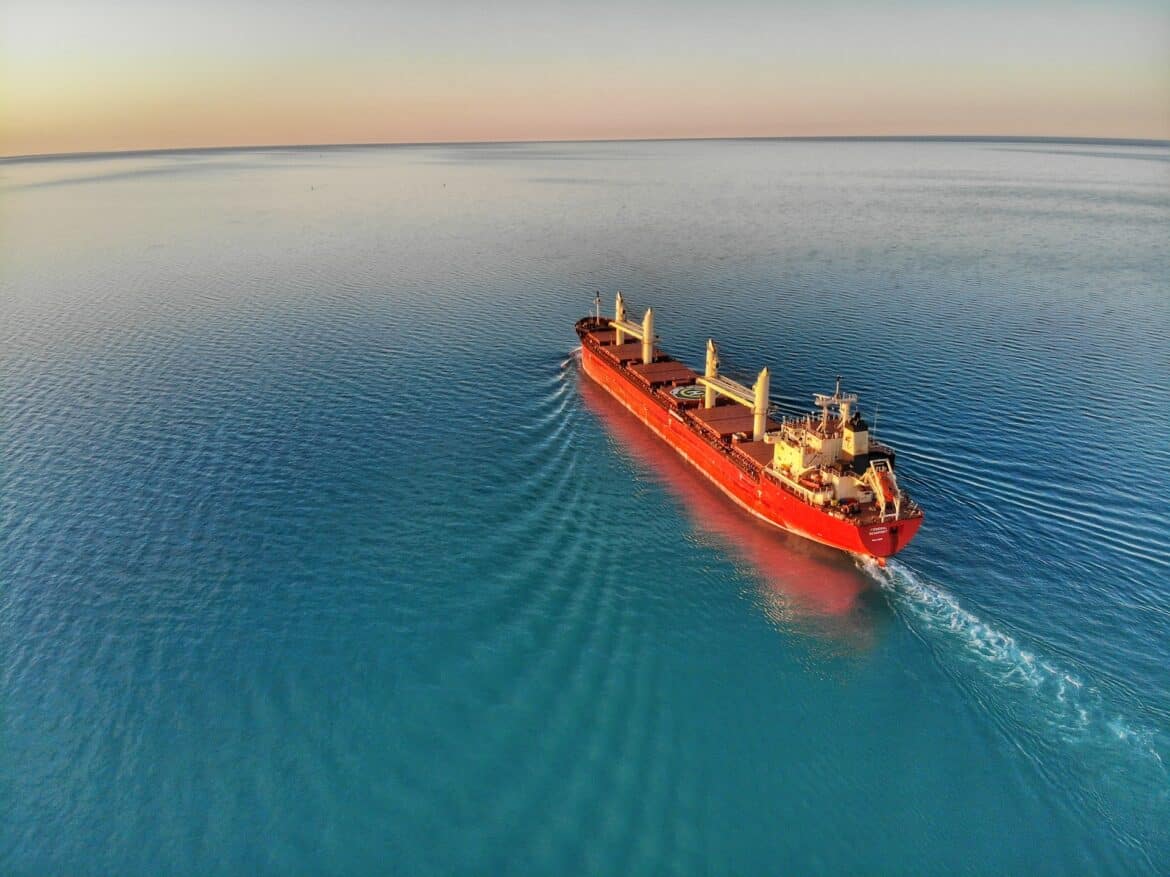
This article explores the inherent security risks associated with transporting important cargos and highlights the importance of private security measures for international travel. From the vulnerabilities of cargo ships to the increasing need for private security, the article sheds light on the crucial role of safeguarding valuable shipments.
The global economy relies heavily on the transportation of goods across borders, making cargo shipments vital for businesses worldwide. However, along with the benefits come significant security risks. Protecting valuable cargos from theft, piracy, and other threats has become an increasingly complex challenge. This article delves into the security risks associated with important cargos and emphasises the role of private security in ensuring their safe passage.
Vulnerabilities Of Cargo Ships
Cargo ships are the backbone of international trade, carrying billions of dollars’ worth of goods across vast oceans. However, these vessels are not immune to security vulnerabilities. Pirates, organised criminal networks, and even insiders pose a significant threat to the safety of important cargos. Weak spots in cargo ship security systems can be exploited, resulting in devastating losses for businesses and potentially disrupting entire supply chains.
Growing Need For Private Security
To counter the evolving security risks, the demand for cargo ship private security has surged. Employing specialised private security teams has become essential to safeguard valuable cargos during international travel. These professionals possess the expertise required to mitigate threats effectively and ensure the smooth transportation of goods. Their presence not only acts as a deterrent but also enables rapid response to security incidents, reducing the likelihood of successful attacks.
Advantages Of Private Security For International Travel

a. Enhanced Physical Protection – Private security companies provide robust physical protection measures tailored to the specific needs of cargo shipments. They employ advanced surveillance technologies, such as CCTV systems and motion sensors, to monitor vessels and detect any unauthorised access or suspicious activities. Additionally, armed security personnel are trained to respond swiftly to potential threats, ensuring the safety of the cargo and the crew.
b. Intelligence Gathering & Risk Assessment – Private security firms employ intelligence gathering techniques to assess potential risks and vulnerabilities before and during cargo shipments. They collect data on piracy-prone areas, criminal networks, and other security threats, allowing them to proactively plan and implement preventive measures. This strategic approach helps mitigate risks and provides valuable insights for route planning and scheduling.
c. Crisis Management & Emergency Response – In the event of a security breach or emergency, private security teams are equipped to manage crises efficiently. They undergo comprehensive training to handle various scenarios, including piracy attacks, stowaway incidents, or natural disasters. Their prompt response and effective crisis management procedures can prevent situations from escalating, minimising potential damage to the cargo and ensuring the safety of the crew.
Collaborative Efforts With Authorities
Firms offering private security for international travel work in close collaboration with national and international maritime authorities, fostering a coordinated approach to combatting security risks. By sharing information and intelligence, these partnerships enhance the overall security landscape and enable the implementation of effective countermeasures. Private security teams align their operations with international regulations and adhere to industry best practices, ensuring compliance while maximising security outcomes.
The security risks associated with important cargos pose significant challenges for businesses engaged in international trade. Cargo ships, while essential for the global economy, are exposed to threats that can result in devastating financial losses. By investing in private security measures, such as employing professional security teams, businesses can proactively protect their valuable shipments, minimise security risks, and ensure the uninterrupted flow of goods across borders. In an increasingly interconnected world, private security serves as a crucial safeguard, reinforcing the resilience and security of international trade.



